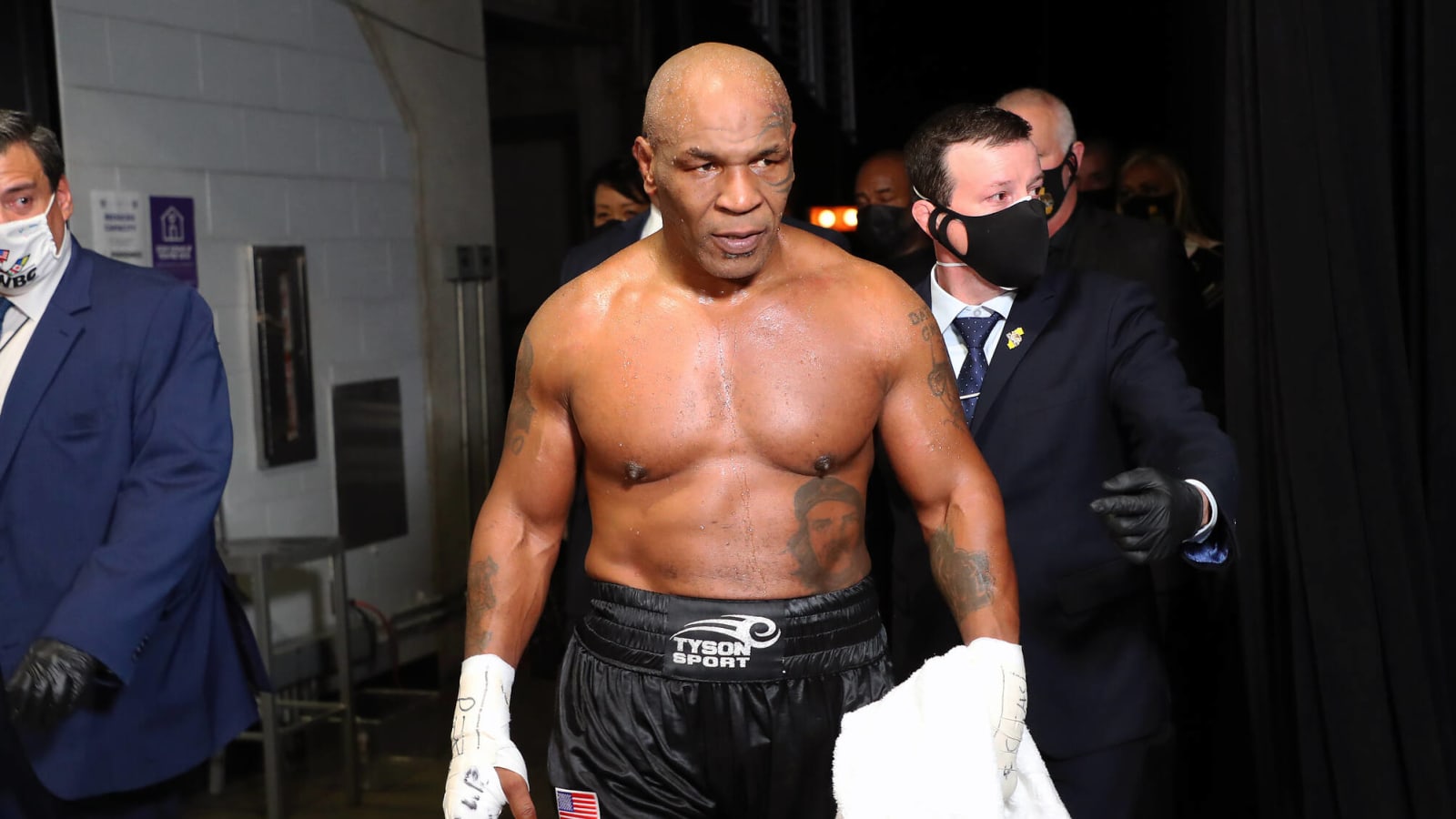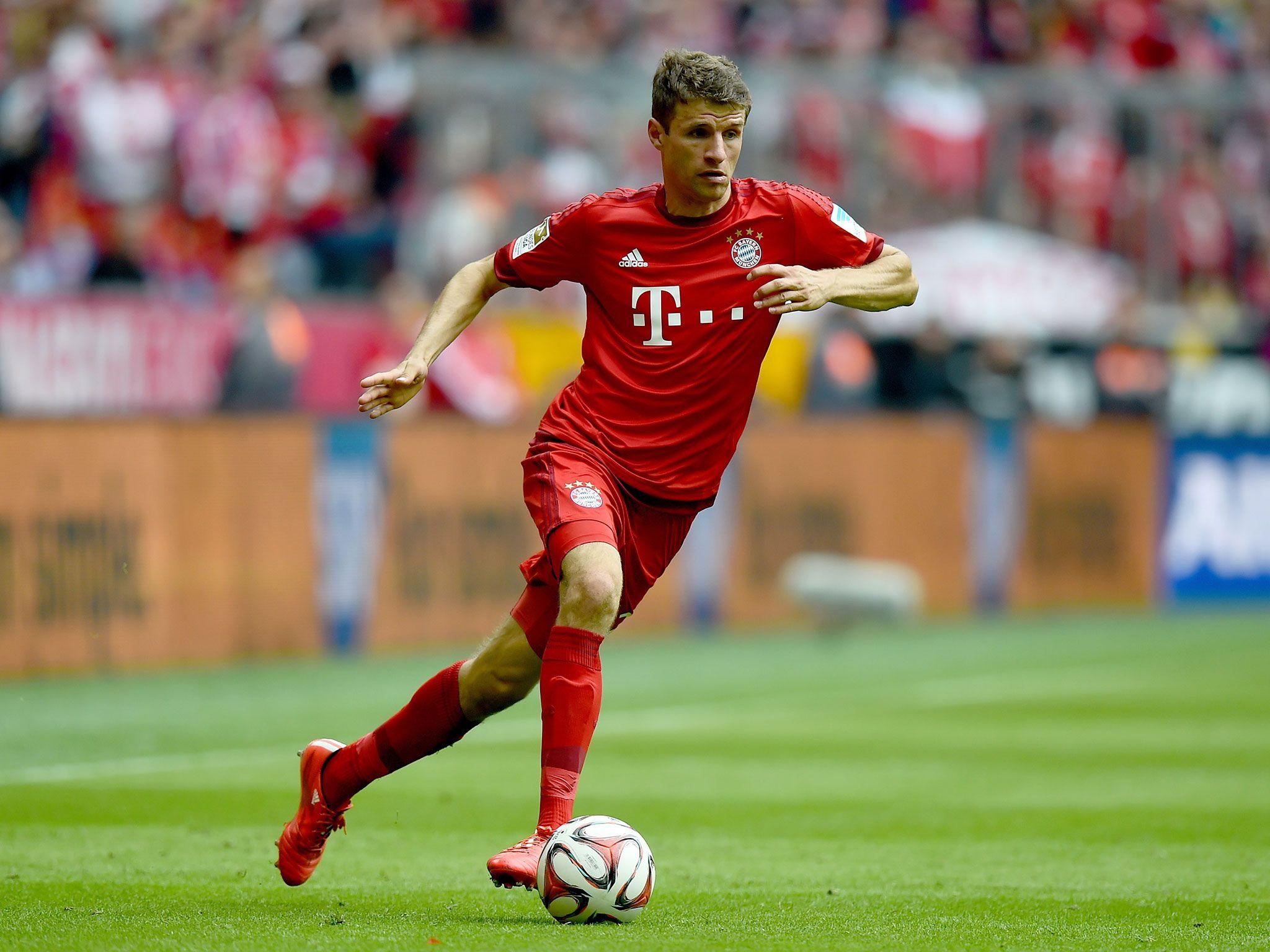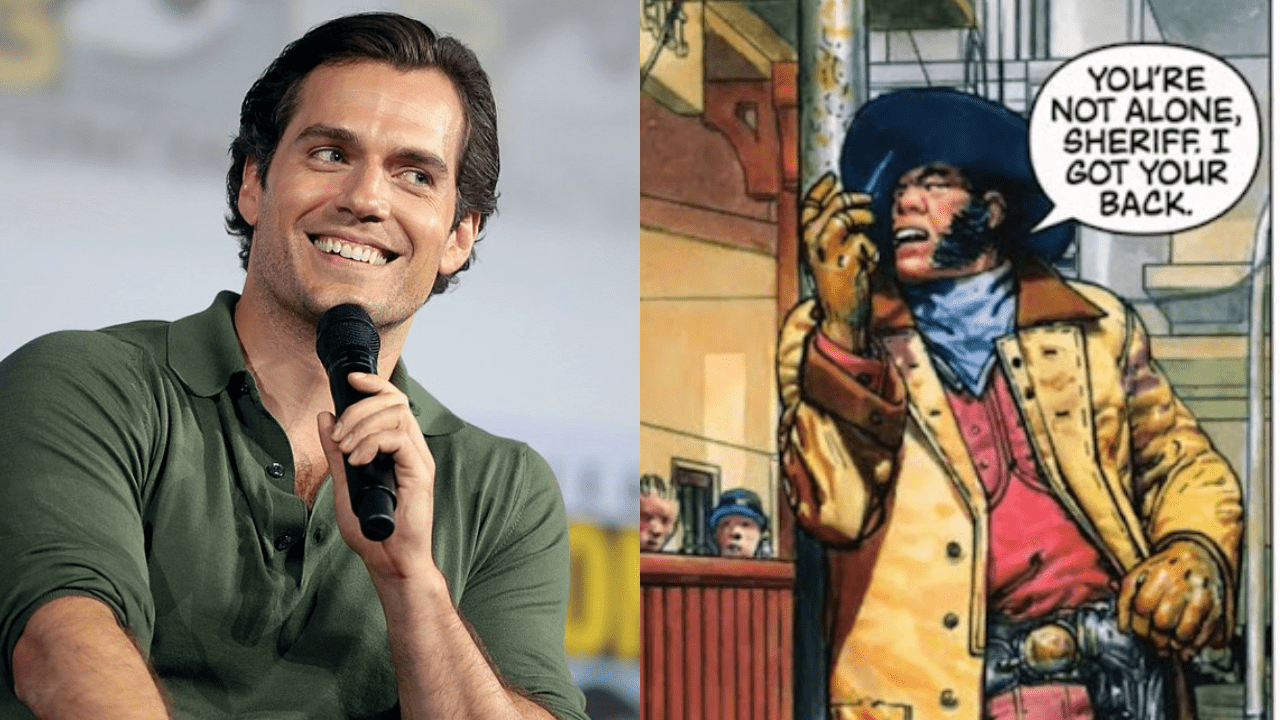Rocky Franchise: Stallone Names His Most Emotionally Powerful Film

Table of Contents
Stallone's Choice: The Most Emotionally Powerful Rocky Film
Sylvester Stallone, the creator and star of the beloved Rocky franchise, has often spoken about the deeply personal nature of these films. While he's expressed fondness for all installments, he recently revealed his most emotionally powerful Rocky movie in [insert link to source if available, e.g., a recent interview]. While the specific wording may vary across interviews, the sentiment remains consistent.
- Stallone's choice: Rocky Balboa (2006)
- Year of Release: 2006
- Emotional Themes: The film powerfully explores themes of aging, legacy, facing mortality, and the enduring power of love and family. The film delves into the emotional toll of a long career in boxing and the bittersweet acceptance of the realities of aging. Fatherhood and the complex relationship between Rocky and his son, Robert, also stand out as key elements contributing to the film's emotional core.
Analyzing the Emotional Impact of Rocky Balboa
Rocky Balboa resonates deeply due to its poignant portrayal of a man grappling with his past, present, and future. Several scenes exemplify this emotional power:
- The training montage: The visuals of an aging Rocky pushing himself to the limit are emotionally charged, highlighting his perseverance despite physical limitations. The music underscores his determination and internal struggle.
- The final fight scene: This isn't just a boxing match; it’s a metaphor for Rocky's fight against time and his own mortality. The emotional stakes are incredibly high. The audience isn't just watching a fight; they're witnessing a man confronting his limitations and proving his worth one last time.
- The scenes with Adrian: These moments highlight the enduring power of their love and the comfort Adrian provides, a sharp contrast to the harshness of Rocky's life as a fighter. These scenes often rely on subtle performances and quiet moments to convey deep emotion.
- The "Adrian" moment: The climactic scene where Rocky finally confronts his own mortality and declares “Adrian!” is a tearjerker for many. It emphasizes themes of facing life's end with dignity and acknowledging the profound impact of love on one's life.
The cinematography, often employing close-ups to emphasize emotion, and the powerful score by Bill Conti effectively amplify the film's emotional impact. The critics also noted the film's surprising emotional depth, praising Stallone's nuanced performance and the film's realistic portrayal of aging and loss.
Comparing Emotional Resonance Across the Rocky Franchise
While films like the original Rocky (1976) offer triumphant underdog narratives and Rocky III (1982) explores themes of mentorship and betrayal, Rocky Balboa hits a different emotional chord. The earlier films focus more on the thrill of victory and the struggles of achieving success. Rocky Balboa, however, confronts the emotional complexities of aging and accepting life's limitations. Other installments, such as Rocky IV (1985) and Creed (2015), also contain emotional moments, but Rocky Balboa's focus on the intimate struggles of the main character sets it apart.
The Lasting Legacy of Emotional Storytelling in the Rocky Franchise
The enduring popularity of the Rocky franchise stems not just from its thrilling boxing sequences but from its honest and relatable portrayal of human emotion. The films explore universal themes of perseverance, hope, and the human spirit—themes that resonate across cultures and generations. Rocky Balboa, in particular, exemplifies this emotional honesty, showing that true victories are not always about physical strength but about inner strength and accepting life's complexities. The franchise has had a major impact on subsequent sports dramas and underdog stories, influencing filmmakers and audiences alike. The Rocky films continue to inspire and motivate, proving the enduring power of heartfelt storytelling.
Conclusion
Sylvester Stallone's selection of Rocky Balboa as his most emotionally resonant film highlights the enduring power of the Rocky franchise and its capacity for profound emotional impact. The film's exploration of aging, legacy, and the enduring power of love elevates it above other entries in the saga. The use of cinematography, music, and powerful acting all contribute to creating a film that remains deeply moving. Which Rocky film resonates most with you? Share your thoughts in the comments below! Let's discuss the emotional impact of the entire Rocky franchise and which film truly hits the hardest. Let us know your favorite Rocky movie and why it's emotionally powerful to you. Join the conversation about the Rocky franchise and share your most powerful cinematic moments!

Featured Posts
-
 Asylum Minister Faber Wins No Confidence Vote
May 11, 2025
Asylum Minister Faber Wins No Confidence Vote
May 11, 2025 -
 Gerard Hernandez Et Chantal Ladesou Leur Duo Emblematique Dans Scenes De Menages
May 11, 2025
Gerard Hernandez Et Chantal Ladesou Leur Duo Emblematique Dans Scenes De Menages
May 11, 2025 -
 Thomas Muellers Farewell His Most Frequent Playing Partners At Bayern Munich
May 11, 2025
Thomas Muellers Farewell His Most Frequent Playing Partners At Bayern Munich
May 11, 2025 -
 The Case For Henry Cavill As Wolverine In Marvels World War Hulk Movie
May 11, 2025
The Case For Henry Cavill As Wolverine In Marvels World War Hulk Movie
May 11, 2025 -
 Faber Faces Backlash Over Rejected Honours For Coa Volunteers
May 11, 2025
Faber Faces Backlash Over Rejected Honours For Coa Volunteers
May 11, 2025
